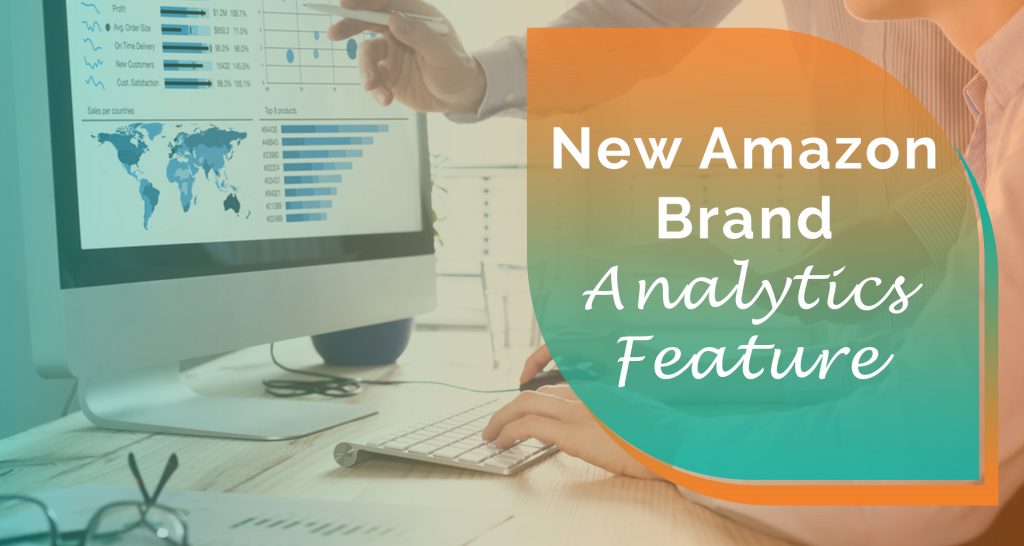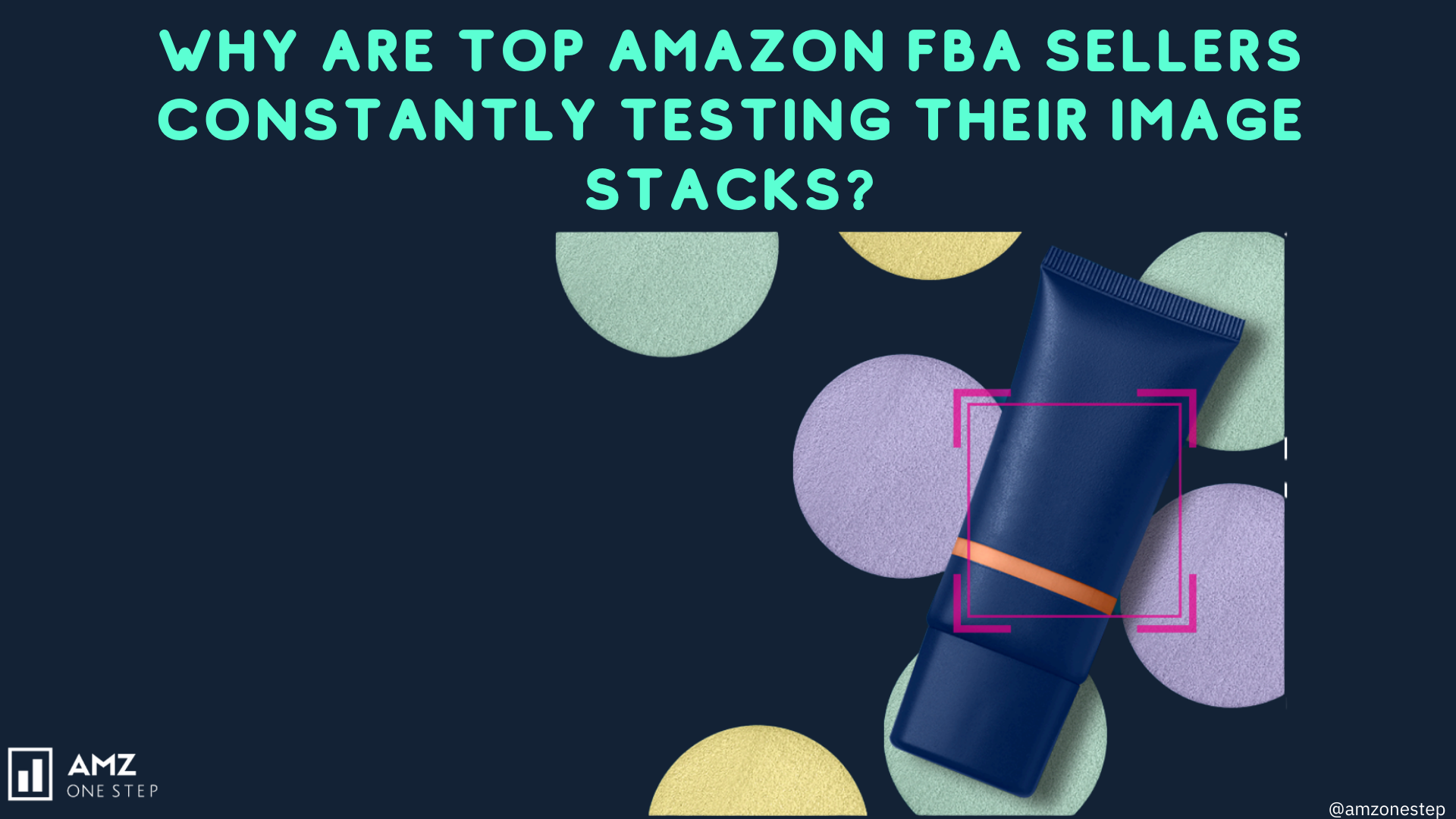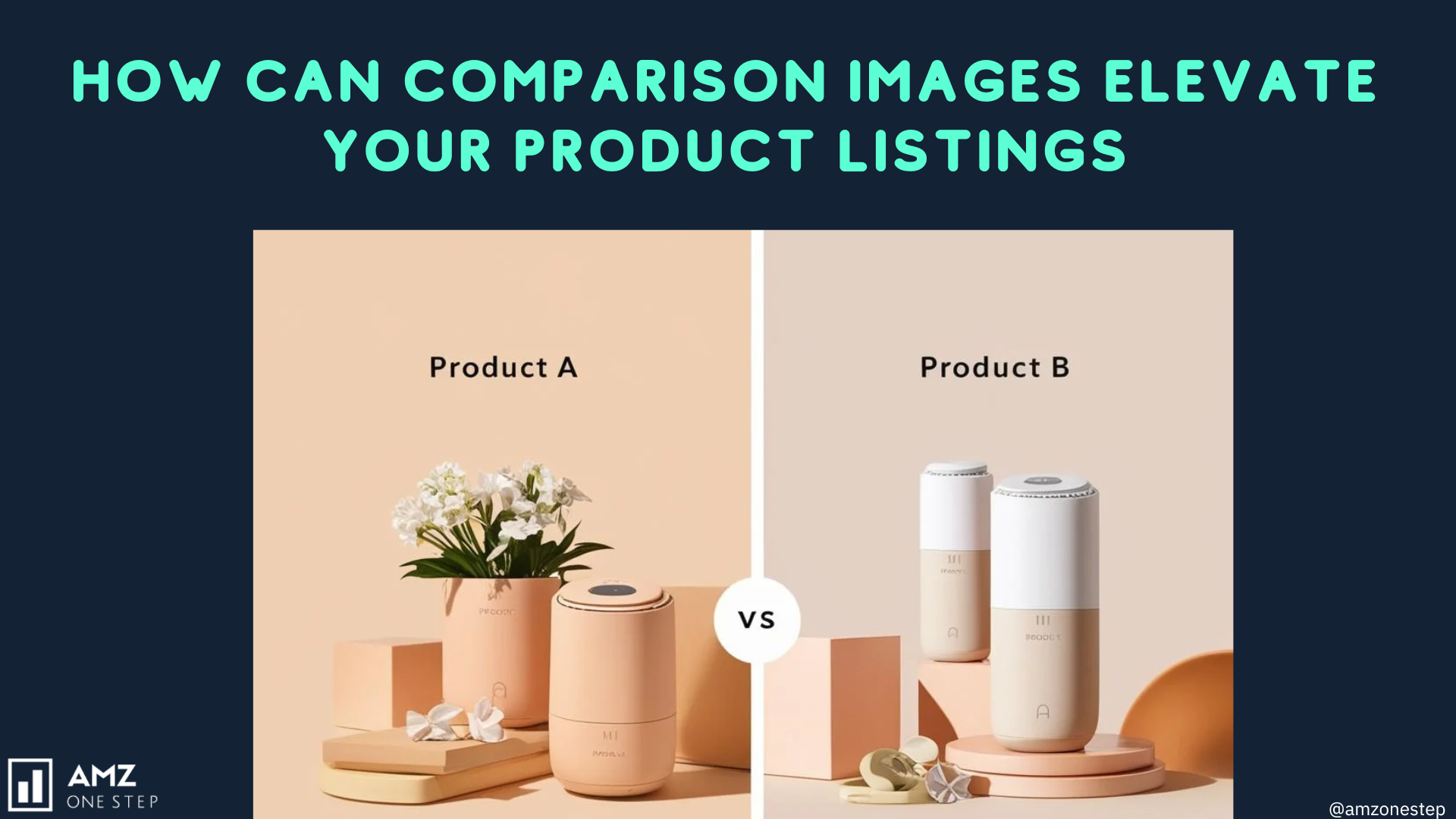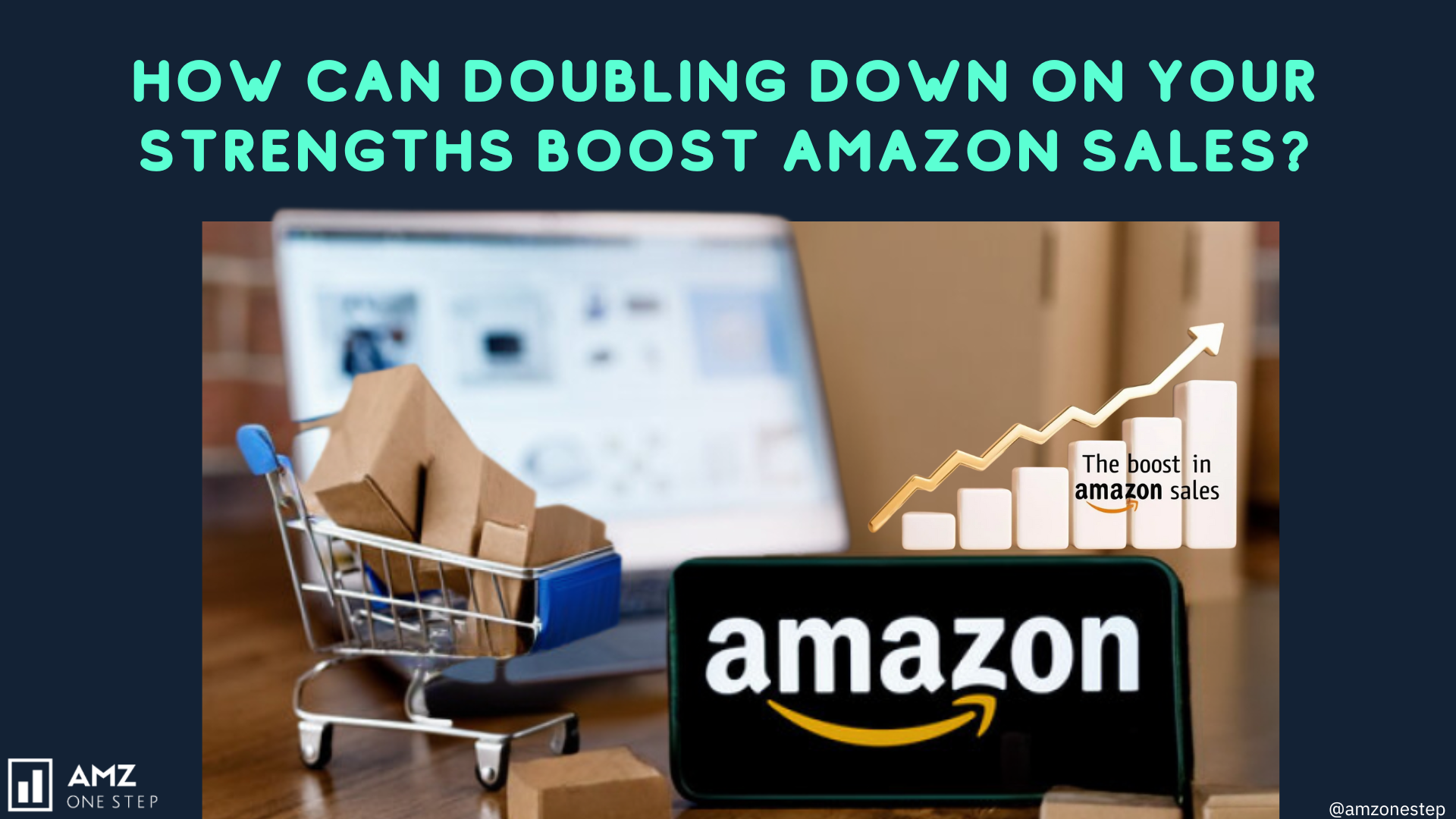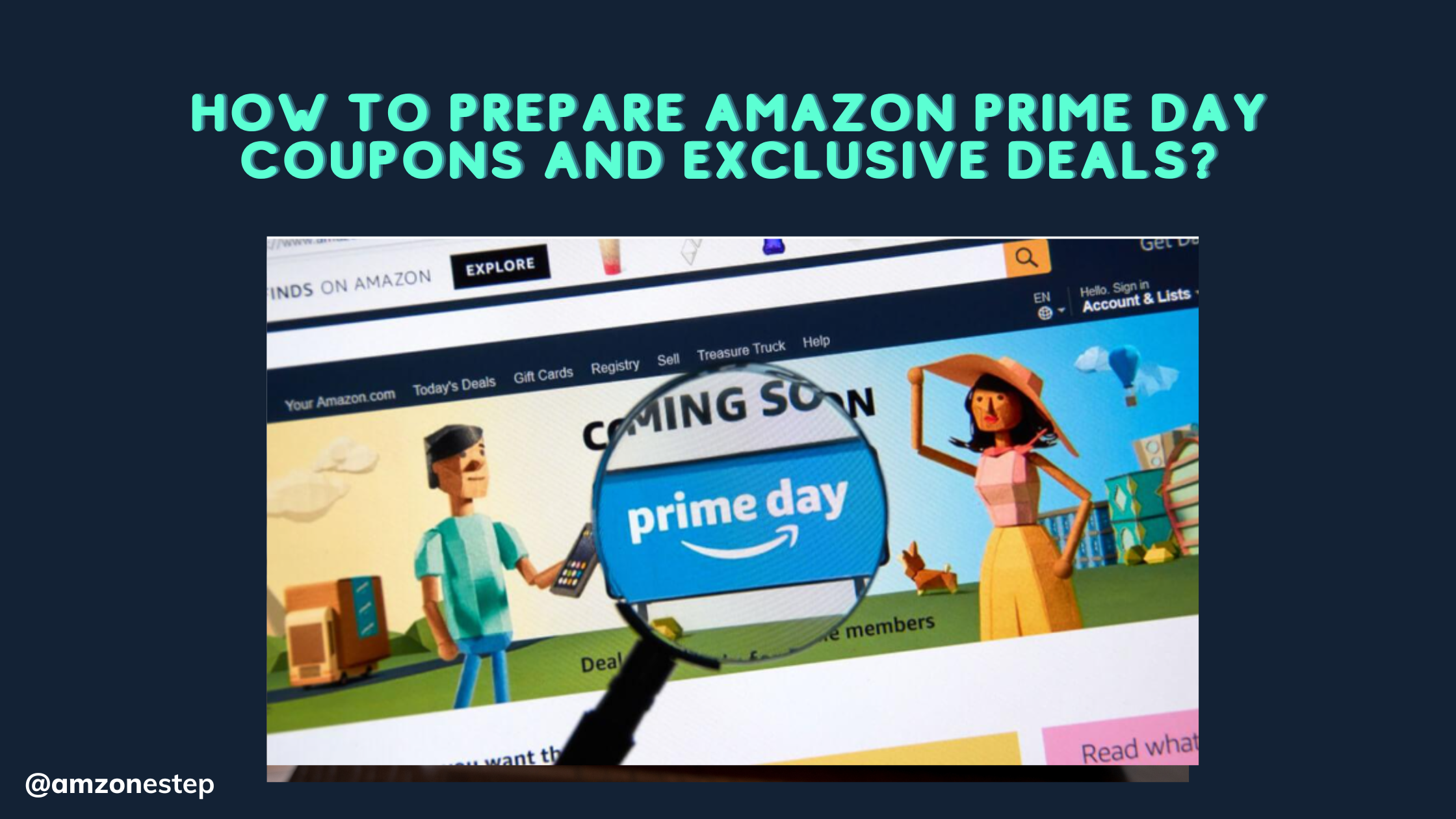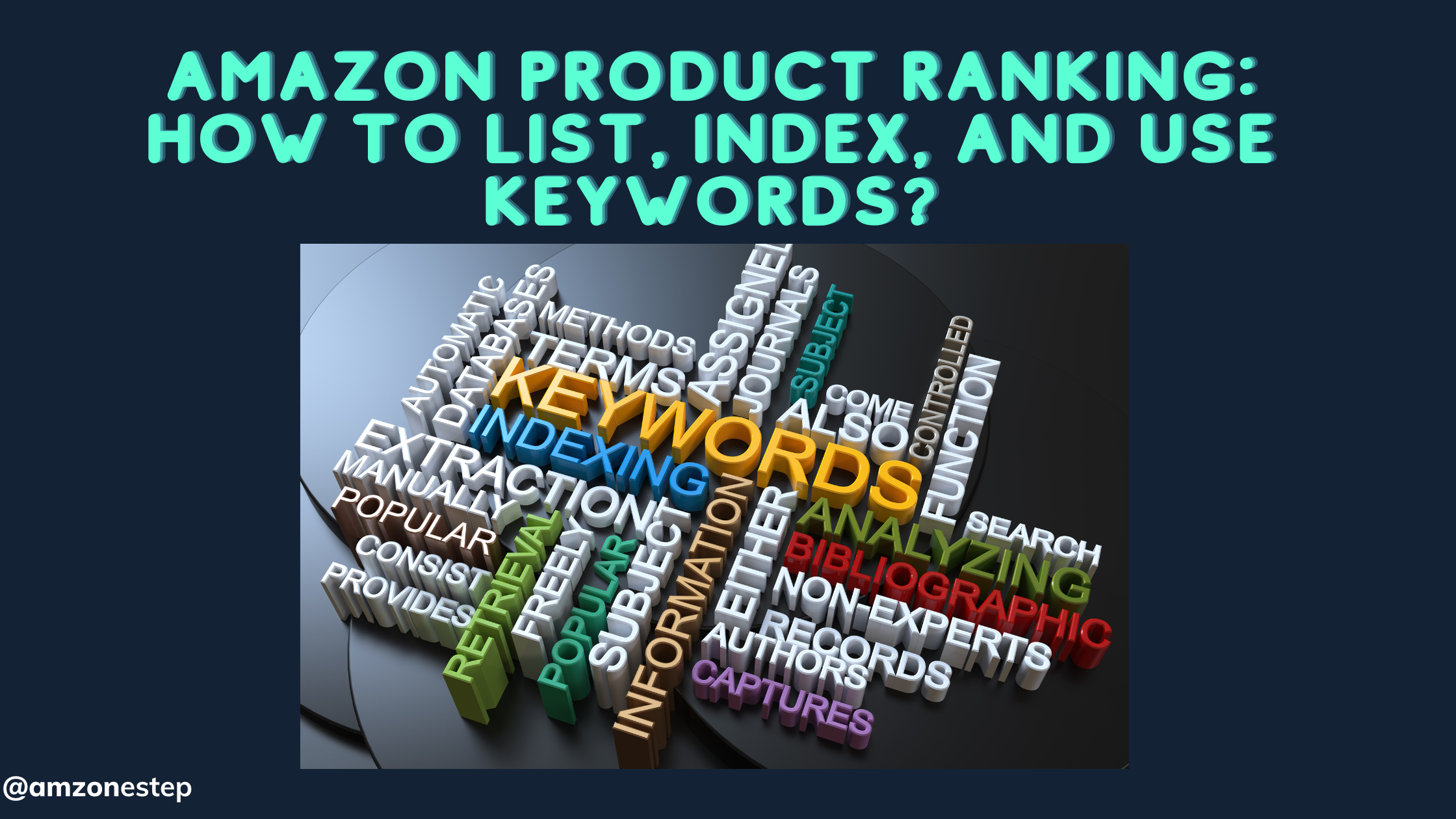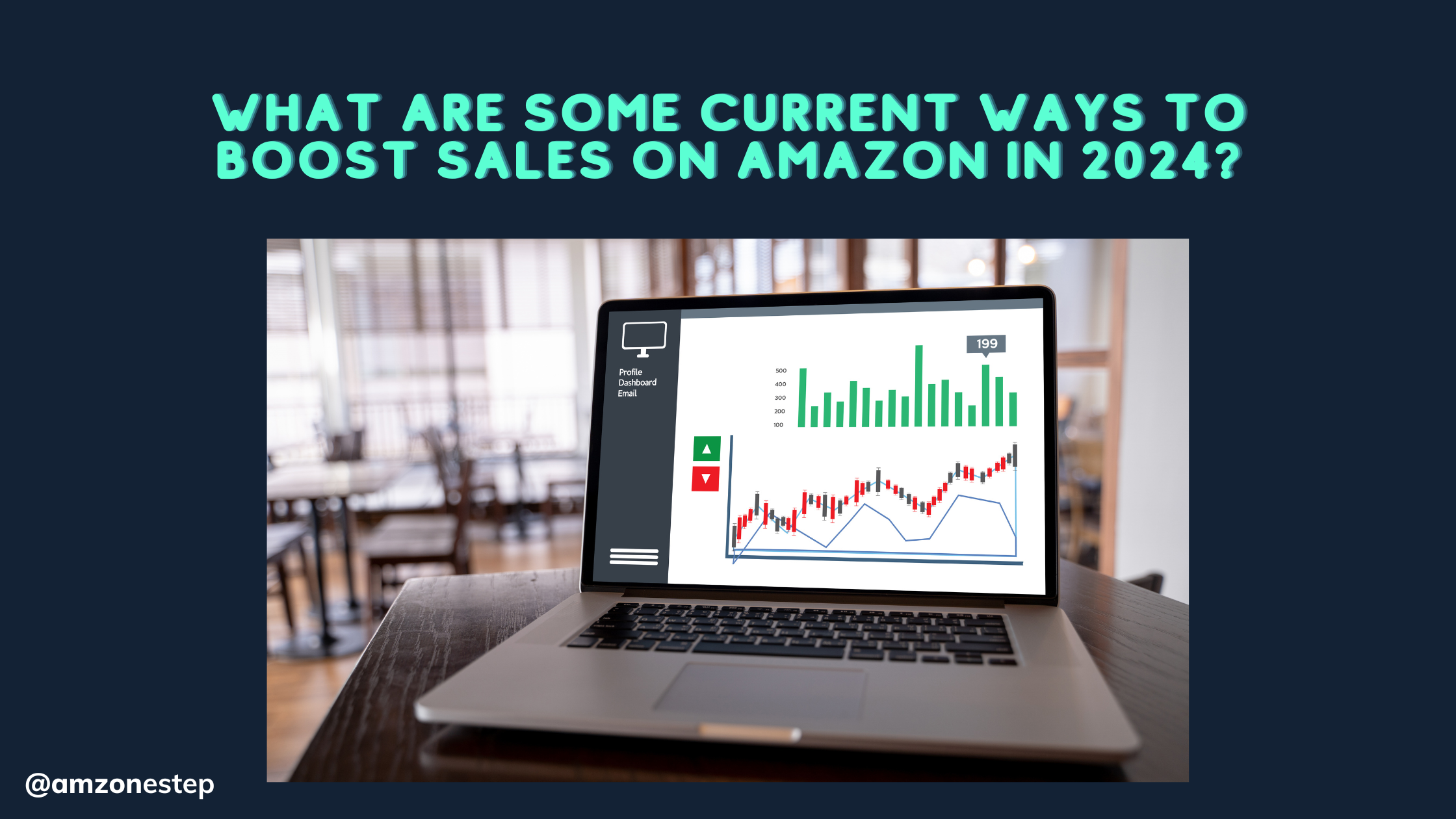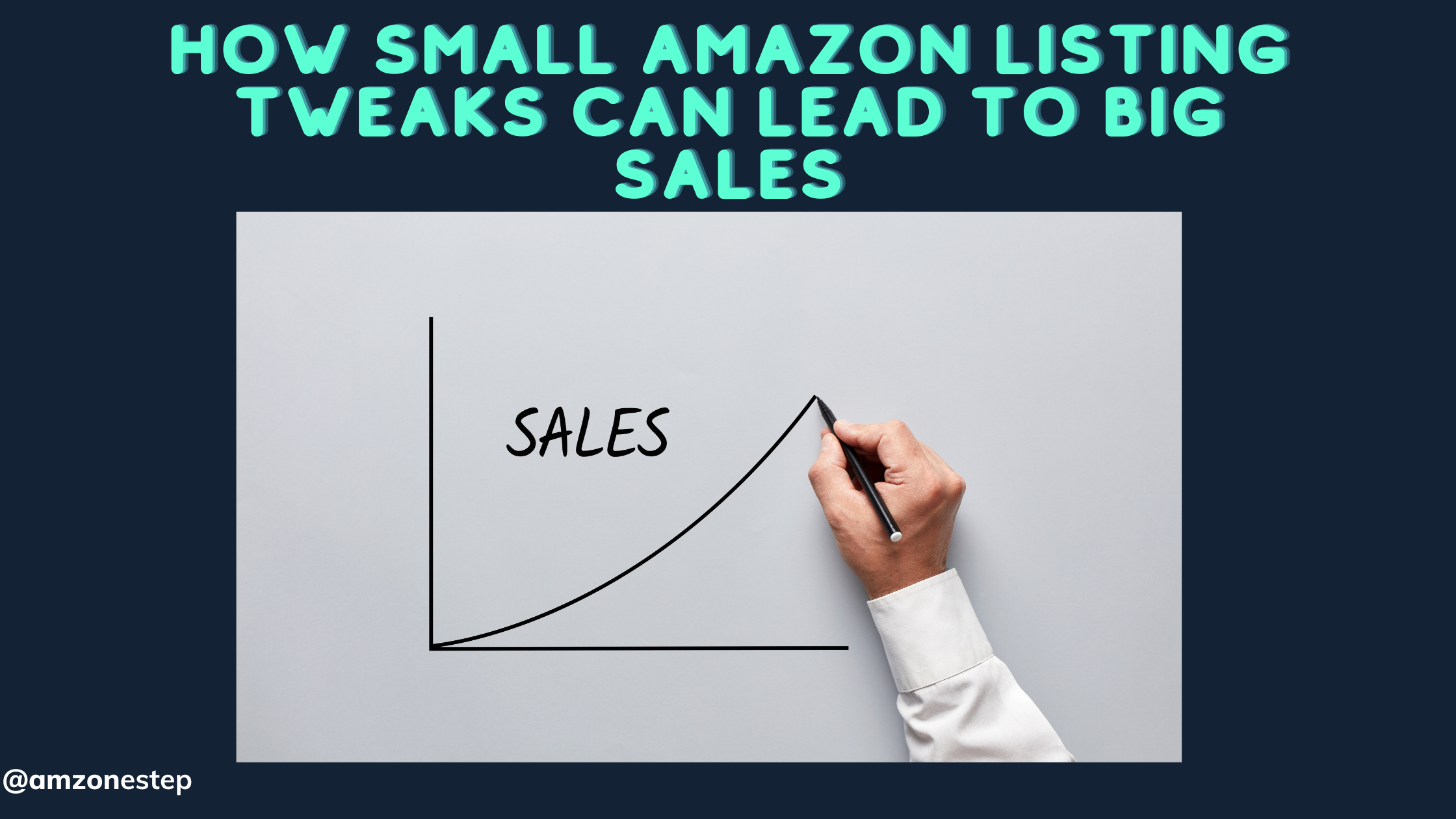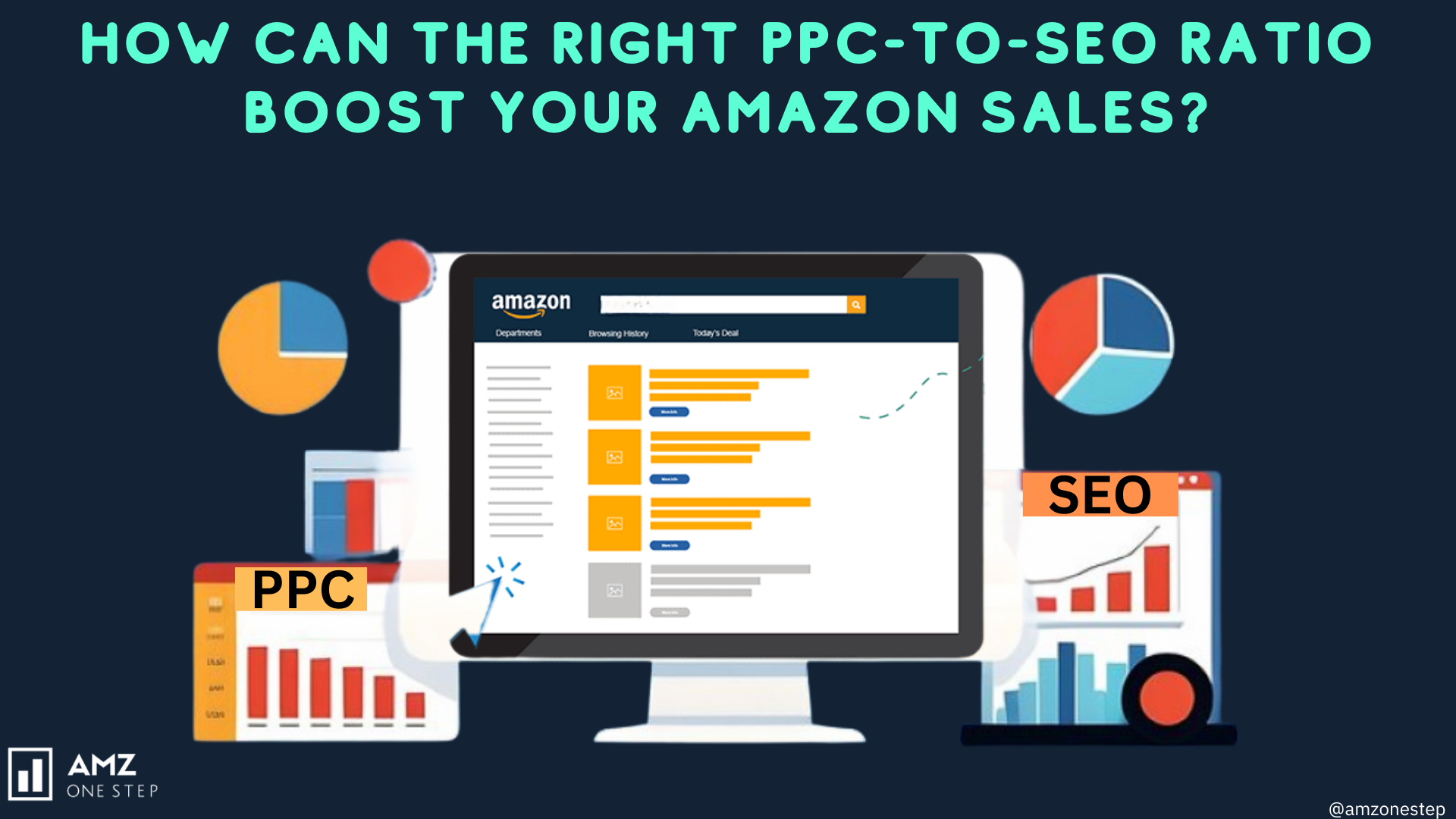Amazon’s Brand Analytics Now Offers a Power Trio
It’s only been a couple of months, but Amazon Brand Analytics is already being expanded to include two new features.
For those enrolled in the Brand Registry program, you’ll likely already be familiar with Brand Analytics. It’s a free analytics report located within Seller Central and has been set up to provide brand owners with helpful data they can use to be more competitive. It provides a feature, Amazon Search Tools, which gives sellers a list of the top one million searched keywords across Amazon as a whole. The list also provides the top three clicked ASINs for each of those keywords.
That feature is now being joined by two brand-new ones, Item Comparison and Demographics, each of which gives sellers some wildly insightful data on the market and potential customers that we wouldn’t have expected Amazon to share. All of this can serve as a foundation for boosting sales and rank, and potentially help you grow your audience outside of Amazon as well. Let’s examine how you can take advantage of what each new feature has to offer.
Note: If you’re part of Brand Registry but don’t have a Brand Analytics account, you can create a ticket with Seller Support requesting access. Anecdotally, this has worked for a few sellers but may not work for all.
Item Comparison: Get to Know Your Top Five Competitors
Success doesn’t occur in a vacuum. Knowing how well your products are performing hinges on understanding the market you’re competing in.
What Item Comparison Provides
The Item Comparison feature shows your product along with the top five products that consumers also viewed during the same session. The feature also provides, as Amazon describes, the “percentage of times this product was viewed by the customers who viewed your product within the same day.” If it’s 50%, that means half of the time throughout the day, consumers checked out both your product and a competitor’s.
By scrolling horizontally through the list, you can see which ASINs are getting the most attention and even compare title keywords.
How to Benefit from Item Comparison
The feature provides sellers with a helpful advantage for product-targeting ad campaigns. It offers exact data on which products consumers are considering for purchase in your market, so you’ll know where your sponsored ads should appear. Placing sponsored ads on those product pages should increase your visibility, and if you have a better offer, you have a great pathway toward boosting sales.
The list of top five ASINs may include products that might not be obvious competitors, allowing you to expand the scope of products to target. With a greater number of products to consider targeting, you have a greater chance to get your ads in front of more consumers, increasing your chances at driving conversions.
By comparing your product with others, you can also get an indication of your overall performance. If it’s clear that you’ve been left in the dust by competitors, you can revisit your price, product photos, or descriptions.
Keep in mind that if your product has variations, such as items in different colors or sizes, you’ll likely see these variations appear as compared products in the Item Comparison list. This will allow you to see your most popular products and how they’re faring against the competition.
Demographics: Get to Know Your Consumers
Knowing your audience is a crucial task for any business, and it’s a never-ending process. Amazon is known for not providing audience data to its sellers, forcing brands to use tactics outside of Amazon to gather information on their customers. That’s changing now with this unprecedented Demographics tool within Brand Analytics.
What Demographics Provides
The Demographics feature provides the following data on your customers:
- Sales per age group: You have a breakdown of six different age groups (shown below), ranging from 18-24 up to 65+, along with their sales totals.
- Sales per household income: The stats here start with <$50,000 and end with those who make over $250,000.
- Education: The categories here cover people at all stages of education, from “Less than High School” to those with Master’s degrees.
- Gender: Do men and women equally buy your products or does one gender dominate? The graphs and tables will give you an answer.
- Marital status: The age, income, and education data will hint at your consumers’ marital status, but this section provides percentages of how many of your customers are married or single.
How to Benefit from Demographics
With the above characteristics, you can assemble a portrait of who your customers are and understand what stage of life they’re in.
Although the demographics data may not be directly actionable, there are two useful applications. The first falls to new product development. When building out additional products for your brand, you now have a much better idea of who is purchasing current products and, likely, who will be purchasing future products.
The second application is advertising outside of Amazon. Running Facebook ads based on better insights into your target demographic can help you run more efficient and effective campaigns with a more targeted audience. YouTube and Instagram also provide advertising options to consider, or you could go the search-engine-based route, such as using Google AdWords. By combining this feature’s data with a creative approach, you have the opportunity to increase your product’s visibility.
Note: The Demographics feature isn’t an exact science. It includes an Information Not Included category, for any instances in which it can’t provide a complete range of data.
As an example, it might convey that 33% of your customers are married, 15% are single, and then the other 52% will fall into that Information Not Included category.
Brand Analytics: Building Your Data Foundation
For third-party sellers who are a part of the Brand Registry program, Brand Analytics can be a valuable data resource. In conjunction with Amazon Search Terms, Item Comparison and Demographics give businesses a massive foundation that they can then build on.
With this power trio of features available, one can’t help but ask, how do I make all this useful? Navigating the Amazon marketplace is a challenge and in the months to come Amazon may be rolling out even more Brand Analytics features aimed at giving brands the opportunities to gather more data.
The challenge is being able to extract insights from this data and craft an actionable plan. The team at AMZ one step specializes in creating effective data-driven strategies and to deliver results that increase ranking and conversions. Our suite of software tools can help you determine the markets where you can compete and earn long-term profits, not short-term gains. Whether it’s PPC management, listing optimization, or keyword-focused product launches, our team will partner with you to achieve (and possibly exceed) your business goals.

Hi there! I’m the content marketing and branding specialist for AMZ One Step. I work hard to create engaging and informative content that helps our readers learn more about Amazon selling and how to make the most of their businesses. I love spending time with my family and exploring literary works when I’m not writing or working on projects.

